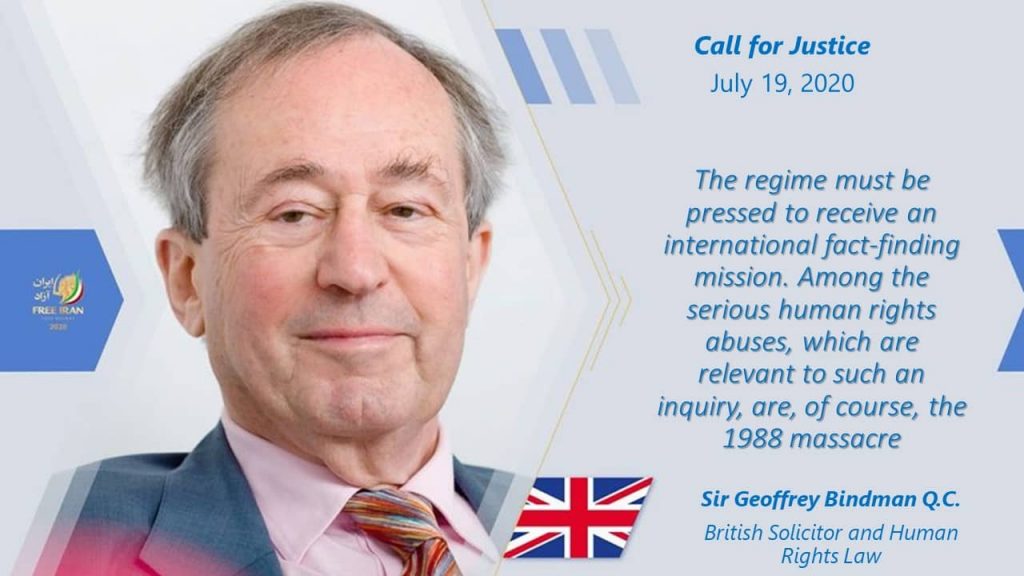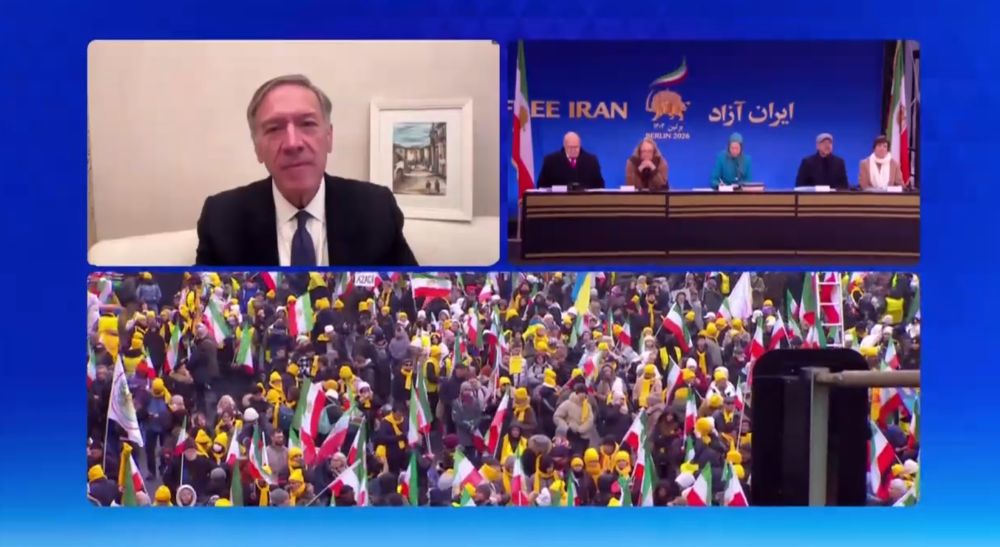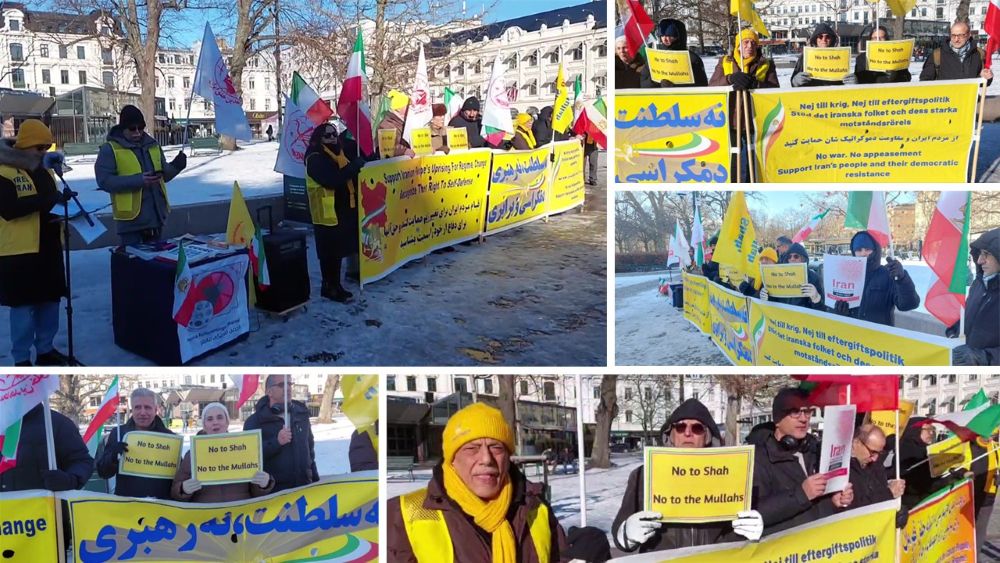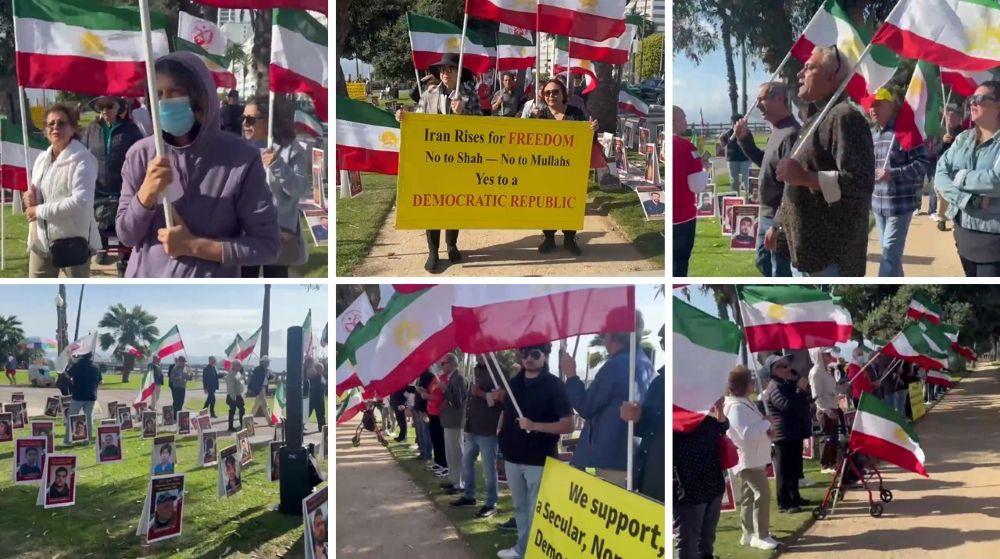Sir Geoffrey Bindman Q.C., British Solicitor and Human Rights Law joined the Online Free Iran Global Summit—day 2. In his remarks, Sir Geoffrey Bindman said, “The regime must be pressed to receive an international fact-finding mission. Among the serious human rights abuses, which are relevant to such an inquiry, are, of course, the 1988 massacre.”
In July 1988, the Iranian religious fascism’s founder and the first supreme leader Ruhollah Khomeini issued a fatwa ordering the execution of imprisoned opponents, including those who had already been tried and were serving their prison terms. This was the beginning of what turned out to be the biggest massacre of political prisoners since World War II.
Following the decree, some 30,000 political prisoners were extra-judicially executed within several months. Today, thanks to the initiative of Mrs. Maryam Rajavi, president-elect of the National Council of Resistance of Iran (NCRI), known as “Call for Justice” many legal and international bodies have joined the families of victims in search of justice.
Here is the speech of Sir Geoffrey Bindman:
It is a great pleasure to be with you for this international online summit for a free and democratic Iran. I want to send my best wishes to Ashraf 3’s residents in Albania and to the Iranian people.
The regime’s human rights abuses are well documented and sadly continue today with a matter of state policy because of the failure of the international community, including Western democracies, to hold the regime to account. The UK government recently announced its first sanctions under a new global human rights regime. This is a positive step. But, it will be toothless if the Iranian regime officials are not included in the British list of Syria’s human rights violators. They must be designated for sanctions under this newly established Global Human Rights Sanctions regulations, but they have not been included. This must be amended and altered. It is very important that the message go out from this occasion to persuade and urge the British government to amend and extend the regulations appropriately.

I believe that the United Kingdom with its allies in the EU and the U.N. have a duty and a responsibility to make sure that the next resolution on Iran adopted by the U.N. General Assembly, which has become an annual tradition since the Iranian regime’s human rights abuses, should include a paragraph establishing an international system of accountability in order to prosecute those responsible for Syria’s human rights abuses in Iran. Those responsible should be arraigned before an international tribunal, an international body. The regime must be pressed to receive an international fact-finding mission. Among the serious human rights abuses, which are relevant to such an inquiry, are, of course, the 1988 massacre, a crime against humanity which remains unpunished 32 years later, and the recent carnage during the November 2019, protests numbering, we believe, some 1,500 people. Failure to deter and prevent the regime from continuing to make a mockery of international human rights standards and international human rights law should not be allowed to continue.
It is my privilege to stand with you, the Iranian people, and the legitimate resistance movement, NCRI, and by Madame Rajavi, to advocate for accountability for the leaders of the regime. I look forward to the day when they are brought to justice for their atrocities and crimes against humanity which they have committed.



